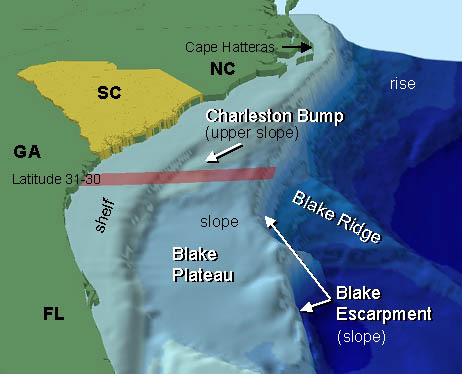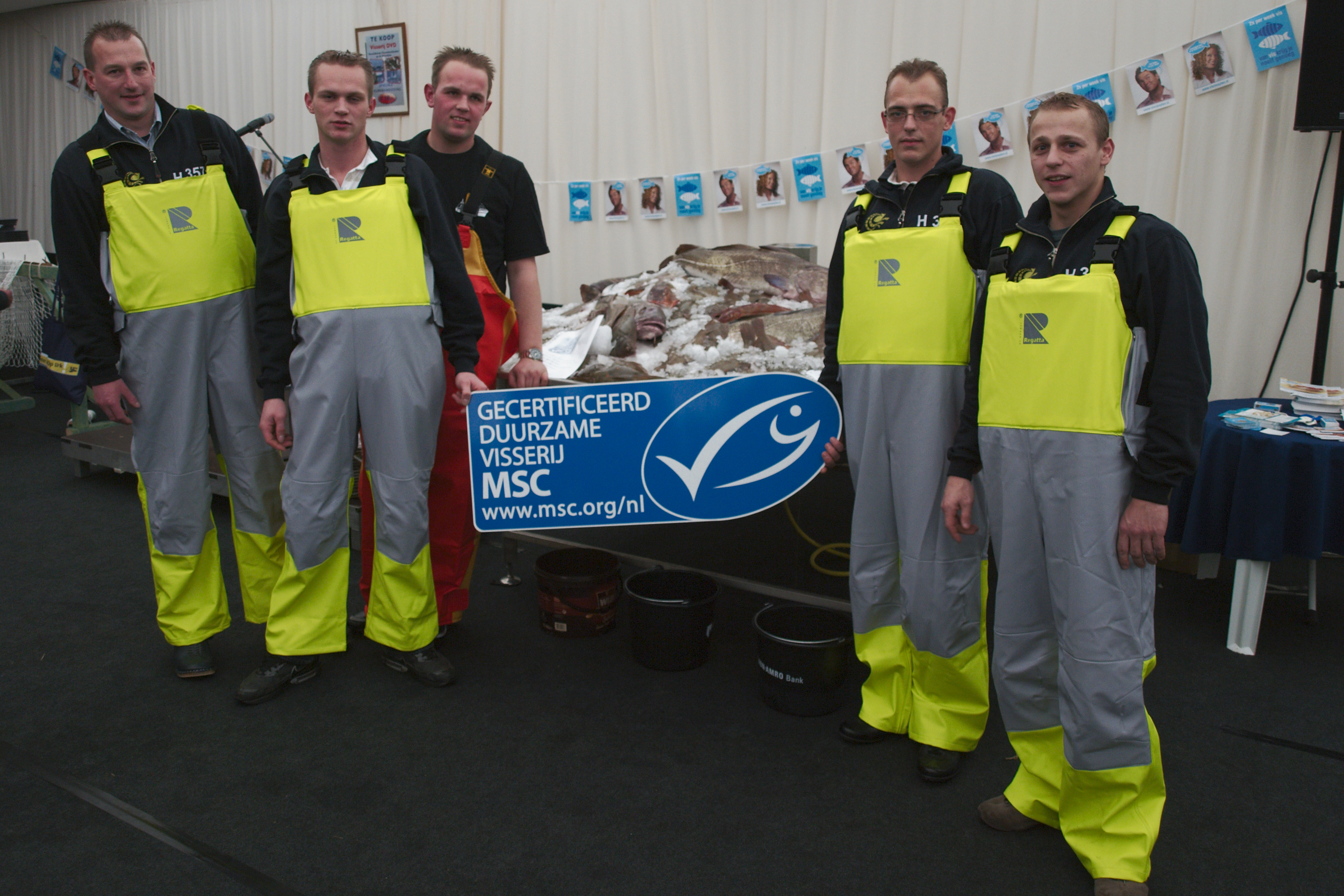|
Exclusive Economic Zone Of Portugal
Portugal has the 5th largest exclusive economic zone (EEZ) within Europe, 3rd largest of the EU and the 20th largest EEZ in the world, at 1,727,408 km2.Seaaroundus.org Portugal's exclusive economic zone * 327,667 km2 * Islands 446,108 km2 * Islands 953,633 km2 * Total: 1,727,408 km2 Portugal submitted a claim to extend its |
Madeira Natural Park
The Madeira Natural Park () is a large biological reserve in Madeira with a unique endemic flora and fauna. It was created in 1982 to safeguard the natural heritage of the archipelago, and contains a number of endangered species including global rarities such as Zino's petrel. This nature park encompasses nearly two-thirds of the territory of the island of Madeira, and within it are nature reserves, protected landscapes and leisure zones. Its key habitat is the laurel forest Laurel forest, also called laurisilva or laurissilva, is a type of subtropical forest found in areas with high humidity and relatively stable, mild temperatures. The forest is characterized by broadleaf tree species with evergreen, glossy and el .... References External links * UNESCO laurisilva page {{Authority control [...More Info...] [...Related Items...] OR: [Wikipedia] [Google] [Baidu] |
Exclusive Economic Zones
An exclusive economic zone (EEZ), as prescribed by the 1982 United Nations Convention on the Law of the Sea, is an area of the sea in which a sovereign state has exclusive rights regarding the exploration and use of marine resources, including energy production from water and wind. It stretches from the outer limit of the territorial sea (22.224 kilometres or 12 nautical miles from the baseline) out 370.4 kilometres (or 200 nautical miles) from the coast of the state in question. It is also referred to as a maritime continental margin and, in colloquial usage, may include the continental shelf. The term does not include either the territorial sea or the continental shelf beyond the 200 nautical mile limit. The difference between the territorial sea and the exclusive economic zone is that the first confers full sovereignty over the waters, whereas the second is merely a "sovereign right" which refers to the coastal state's rights below the surface of the sea. The surface waters ... [...More Info...] [...Related Items...] OR: [Wikipedia] [Google] [Baidu] |
Economy Of Portugal
The economy of Portugal is ranked 37th in the World Competitiveness Ranking 2025 by Swiss institute IMD. The great majority of the international trade is done within the European Union (EU), whose countries received 71.4% of the Portuguese exports and were the origin of 74.6% of the Portuguese imports in 2020. The Portuguese currency is the euro (€) and the country has been a part of the Eurozone since its inception. Portugal's central bank is the ''Banco de Portugal'', which forms part of the European System of Central Banks, and the major stock exchange is the Euronext Lisbon. Among OECD nations, Portugal has a highly efficient and strong social security system; social expenditure stood at roughly 24.6% of GDP. The Portuguese economy has a GDP growth forecast in 2025 of 2%, according to the IMF World Economic Outlook. The economy's growth has been accompanied by a continuous fall in the unemployment rate (6.3% in the first quarter of 2019, compared with 13.9% registered in ... [...More Info...] [...Related Items...] OR: [Wikipedia] [Google] [Baidu] |
VLIZ Maritime Boundaries Geodatabase
The Flanders Marine Institute (Dutch: Vlaams Instituut voor de Zee, VLIZ) is a scientific institution dedicated to marine research. Established in 1999 and headquartered in Ostend, Flanders, VLIZ gathers and disseminates ocean knowledge, promotes marine sciences, supports policy-making, fosters innovative solutions, and manages marine data. The institute collaborates closely with scientific institutions, governments, and industry on both national and international levels. Mission and objectives VLIZ's mission is to advance scientific knowledge of marine ecosystems. Its scope covers global seas and estuaries, with a specific focus on the Southern North Sea and the Flemish coast. The institute ensures this knowledge is widely accessible to support the sustainable management of marine resources. VLIZ collects, analyzes, and shares marine data, supporting both scientific research and marine policy. The institute explores innovative pathways, such as developing monitoring systems an ... [...More Info...] [...Related Items...] OR: [Wikipedia] [Google] [Baidu] |
Geographic Information System
A geographic information system (GIS) consists of integrated computer hardware and Geographic information system software, software that store, manage, Spatial analysis, analyze, edit, output, and Cartographic design, visualize Geographic data and information, geographic data. Much of this often happens within a spatial database; however, this is not essential to meet the definition of a GIS. In a broader sense, one may consider such a system also to include human users and support staff, procedures and workflows, the Geographic Information Science and Technology Body of Knowledge, body of knowledge of relevant concepts and methods, and institutional organizations. The uncounted plural, ''geographic information systems'', also abbreviated GIS, is the most common term for the industry and profession concerned with these systems. The academic discipline that studies these systems and their underlying geographic principles, may also be abbreviated as GIS, but the unambiguous GIScie ... [...More Info...] [...Related Items...] OR: [Wikipedia] [Google] [Baidu] |
Territorial Waters
Territorial waters are informally an area of water where a sovereign state has jurisdiction, including internal waters, the territorial sea, the contiguous zone, the exclusive economic zone, and potentially the extended continental shelf (these components are sometimes collectively called the maritime zones). In a narrower sense, the term is often used as a synonym for the territorial sea. Vessels have different rights and duties when passing through each area defined by the United Nations Convention on the Law of the Sea (UNCLOS), one of the most ratified treaties. States cannot exercise their jurisdiction in waters beyond the exclusive economic zone, which are known as the high seas. Baseline Normally, the baseline is the low-water line along the coast as marked on large-scale charts that the coastal state recognizes. This is either the low-water mark closest to the shore or an unlimited distance from permanently exposed land, provided that some portion of elevations ... [...More Info...] [...Related Items...] OR: [Wikipedia] [Google] [Baidu] |
International Waters
The terms international waters or transboundary waters apply where any of the following types of bodies of water (or their drainage basins) transcend international boundaries: oceans, large marine ecosystems, enclosed or semi-enclosed regional seas and estuaries, rivers, lakes, groundwater systems (aquifers), and wetlands. "International waters" is not a defined term in international law. It is an informal term, which sometimes refers to waters beyond the "territorial sea" of any country. In other words, "international waters" is sometimes used as an informal synonym for the more formal term "high seas", which under the doctrine of ''mare liberum'' (Latin for "freedom of the seas"), do not belong to any state's jurisdiction. As such, states have the right to fishing, navigation, overflight, laying cables and pipelines, as well as scientific research. The Convention on the High Seas, signed in 1958, which has 63 signatories, defined "high seas" to mean "all parts of the sea ... [...More Info...] [...Related Items...] OR: [Wikipedia] [Google] [Baidu] |
Fishing In Portugal
Fishing is a major economic activity in Portugal. The country has a long tradition in the sector, and is among the countries in the world with the highest fish consumption per capita. PESSOA, M.F.; MENDES, B.; OLIVEIRA, J.SCULTURAS MARINHAS EM PORTUGAL "O consumo médio anual em produtos do mar pela população portuguesa, estima-se em cerca de 58,5 kg/ por habitante sendo, por isso, o maior consumidor em produtos marinhos da Europa e um dos quatro países a nível mundial com uma dieta à base de produtos do mar." Roman ruins of fish processing facilities were found across the Portuguese coast. Fish has been an important staple for the entire Portuguese population, at least since the Portuguese Age of Discovery. The Portuguese fishing sector is divided into various subsectors, which in turn are divided between industrial fishing and artisanal fishing. According to trade union sources, over 50% of fishing workers work in the artisanal area. There are a variety of trade unions and ... [...More Info...] [...Related Items...] OR: [Wikipedia] [Google] [Baidu] |
Continental Shelf
A continental shelf is a portion of a continent that is submerged under an area of relatively shallow water, known as a shelf sea. Much of these shelves were exposed by drops in sea level during glacial periods. The shelf surrounding an island is known as an "''insular shelf''." The continental margin, between the continental shelf and the abyssal plain, comprises a steep continental slope, surrounded by the flatter continental rise, in which sediment from the continent above cascades down the slope and accumulates as a pile of sediment at the base of the slope. Extending as far as 500 km (310 mi) from the slope, it consists of thick sediments deposited by turbidity currents from the shelf and slope. The continental rise's gradient is intermediate between the gradients of the slope and the shelf. Under the United Nations Convention on the Law of the Sea, the name continental shelf was given a legal definition as the stretch of the seabed adjacent to the shores ... [...More Info...] [...Related Items...] OR: [Wikipedia] [Google] [Baidu] |
Illegal, Unreported And Unregulated Fishing
Illegal, unreported and unregulated fishing (IUU) is an issue around the world. Fishing industry observers believe IUU occurs in most fisheries, and accounts for up to 30% of total catches in some important fisheries. Illegal fishing takes place when vessels or harvesters operate in violation of the laws of a fishery. This can apply to fisheries that are under the jurisdiction of a coastal state or to high seas fisheries regulated by regional fisheries management organisations (RFMO). According to the UN Food and Agriculture Organization (FAO), Fisheries and Aquaculture Department, illegal fishing has caused losses estimated at US$23 billion per year. Unreported fishing is fishing that has been unreported or misreported to the relevant national authority or RFMO, in contravention of applicable laws and regulations. Unregulated fishing generally refers to fishing by vessels without nationality, vessels flying the flag of a country not party to the RFMO governing that fishing ... [...More Info...] [...Related Items...] OR: [Wikipedia] [Google] [Baidu] |





